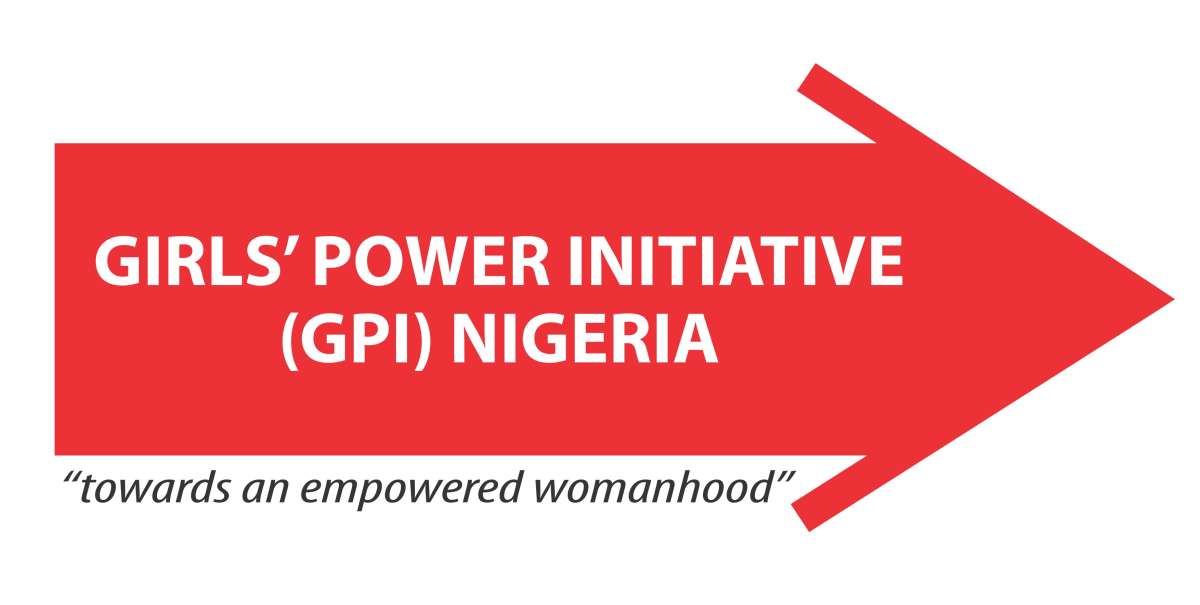THE French Embassy in Nigeria supported project in Increasing Awareness of In-School Students on Migration and Trafficking in Kubwa, FCT from May – June 2017 had workshop training of peer-educators with the aid of film screening. Participants were NGO Associates, 311 Community member and more of teachers and students from JSS Kubwa II, JSS Kubwa III, JSS Byazhin, Government Secondary School (GSS) Kubwa, Jethrone Eagles Academy and Ade-Ola International School at the GPI National Liaison Office, FCT from May 22- 24, 2017. Participants were decorated with badges and provided handbooks for personal study and for reference purpose. The project bore forth awareness increase on the subject by the students via step-down training in their respective schools and peer-peer intervention. This proves that children can be mobilized for development when empowered.
The workshop training sessions were categorised into two – Personal Empowerment Skills Building which included the sessions on Values Clarification, Self-Esteem, Vision & Goal Settings, Decision Making, Communication and Assertiveness. The session was aimed at building participant personal skills to be able to say “NO” effectively to Human Trafficking. This session was interactive as it involved brain teasers, group work and role plays. The facilitators of this session Ehita Aikpitanyi, GPI Delta State Coordinator and Ayo Amen-Ediae, GPI Edo State School’s Outreach Coordinator are renowned facilitators and have been trainers of trainees on Family Life & HIV/Education (FLHE) as well as Human Trafficking for several years.
The second session was aimed at understanding the phenomenon Human Trafficking, how to migrate legally and to find help when in a trafficked situation. It covered the topics Migration, Human Trafficking and Smuggling. Short films on Na Wa Video produced by EXIT NGO that shows the reality of trafficking and smuggling were screened; this made participants understand the exploitation faced by trafficked victims and understand the topic better as it steered up questions and comments from the participants. Mr Desmond O Garba – Assistant Chief Intelligence Officer Training and Manpower Development from the National Agency for the Prohibition of Trafficking in Persons (NAPTIP) Headquarters, Ábuja as well as Grace Osakue and Ehita facilitated this session.
Comments from some of the participants
Owojaiye Boluwatife (F, 10 years, JSS 1 – Adeola Intrnational School): I am going to teach people about trafficking and I want GPI to educate more people in Nigeria about trafficking and migration and even people all over the world.
Chinenye Harrison (Teacher – JSS Byazhin): I would address the issue of trafficking and smuggling with my school administrators, enlighten my peers and be a resource for information.
Chiamaka Ezea (F, 15 years, JSS 2 – JSS Kubwa II): I want to thank GPI members and the French Embassy for enlightening me on trafficking, how to avoid it and know who is involved and I would teach others and let them get the information too.
The Step-down training in schools on Migration, Smuggling and Human Trafficking by the student trainers to their peers has so far been carried out in 3 schools.
The step-down training held in Jethrone Eagles Academy, Kubwa on May 25th, 2017. This was used to mark the children’s day celebration and had in attendance 137 students from JSS 1 – SS 3 comprising of 54 males and 83 females within the age group of 9 – 18 years.
On June 5th, 2017 the step-down training was carried out in JSS Byazhin, 103 students – 31 males and 72 females within the age group of 10 – 17 years made up of those in JSS 1 & JSS 2 classes participated.
To mark the 2017 Day of the African Child step-down training was carried out on June 15th, 2017 at JSS Kubwa III. In attendance were 102 students from JSS 1 – JSS2 comprising of 18 males and 83 females within the age group of 11 – 17 years.
The beneficiaries from the Project: There were 424 Direct beneficiaries and 90 indirect beneficiaries
FREQUENTLY ASKED QUESTIONS BY PARTICIPANTS ON MIGRATION AND TRAFFICKING DURING TRAINING OF TRAINERS, STEP-DOWN TRAINING AND PEER-TO-PEER INTERVENTION
- Why are more females trafficked?
- What is the government doing about trafficking?
- What can the citizens do about trafficking?
- If someone is brought from the village and put in school, is it trafficking?
- Are housemaids also trafficked victims?
- What if the victim doesn’t want to be deported, would the police still deport the person?
- How will you know the person coming to assist is a trafficker?
- Why can’t the victims run away and report to the police?
- If trafficked girls are often used for prostitution, what are boys used for?
- How can one report a trafficker?
- Why do people pass these dangerous routes to travel?
- Is it necessary for us to travel out if we don’t have the money?
- Has any trafficker been caught?
- How can trafficking be stopped?
- If someone travels with a private jet would travel documents still be needed?
- If a trafficker is arrested by the police, would the person stay in jail for a long time?
- If one is trafficked without his/her own will but with the parent’s consent, what should the person do?
- Why don’t traffickers traffic their own children?
- What if you were trafficked and the counsellor you went to is the trafficker, what will you do?
